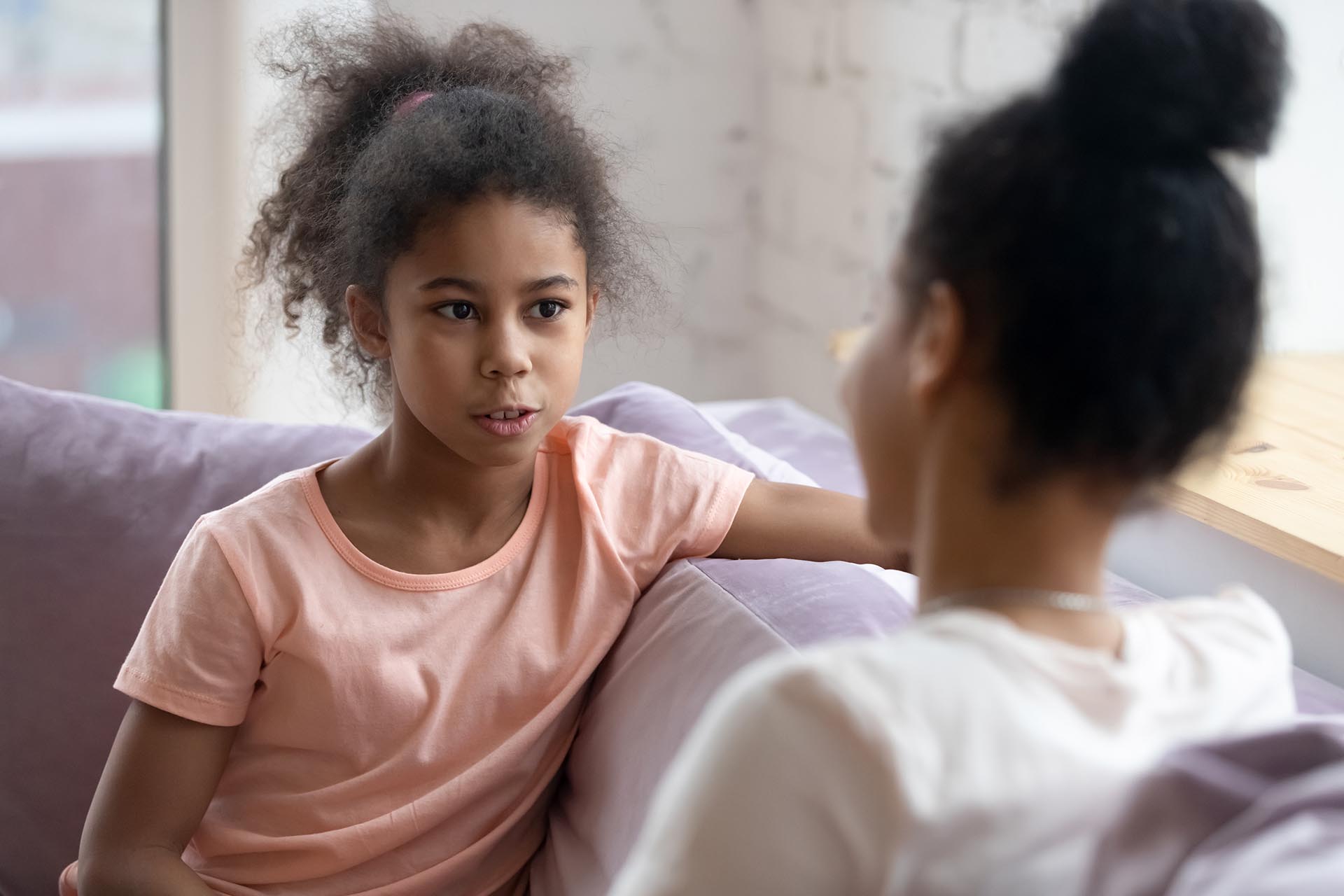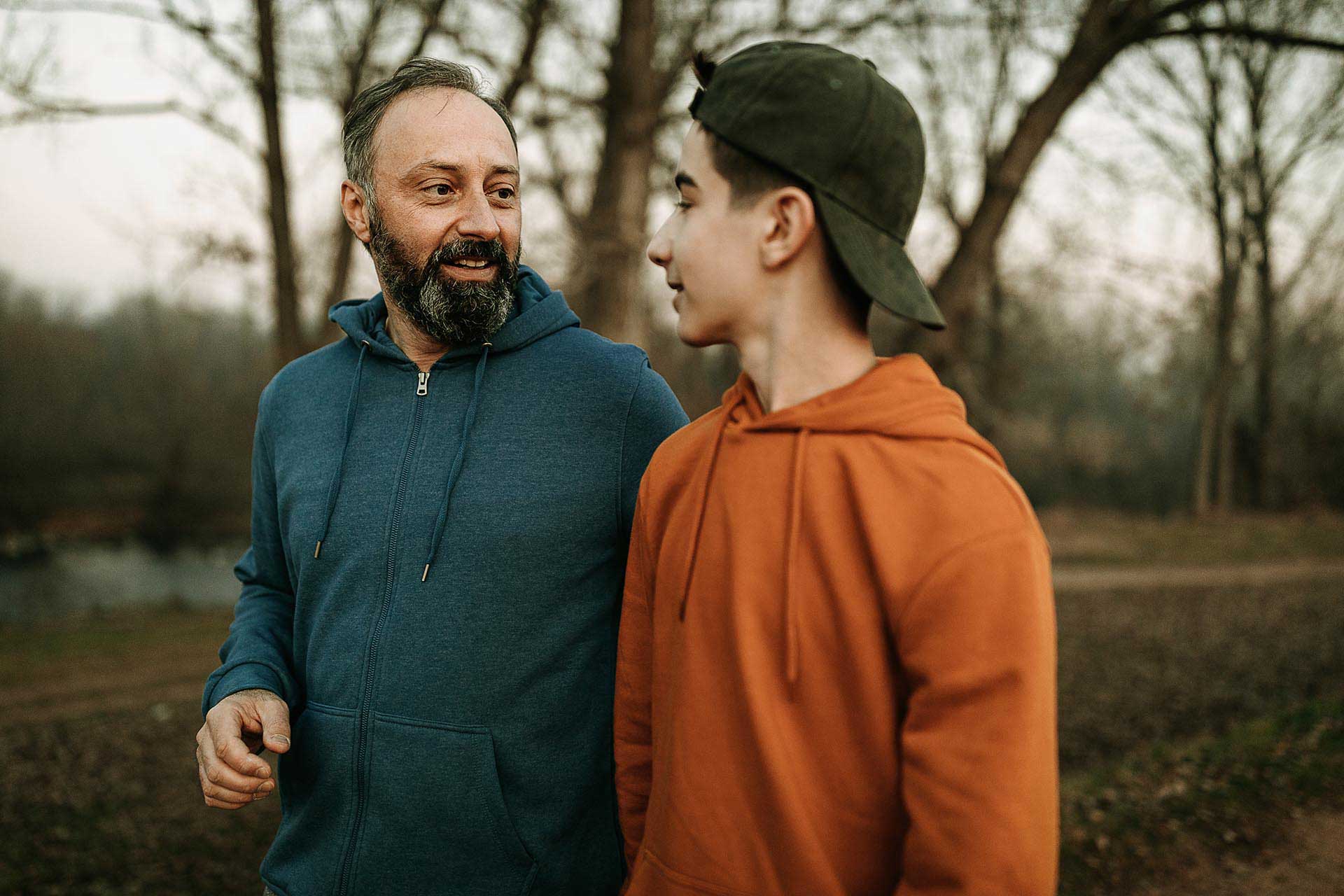What can parents do about the supposed ‘national rape day’ video?
Content warning: rape
Once again, an alleged new disturbing TikTok trend is in the news – and with good reason. You might have seen recent social media posts or media coverage concerning a viral video about a supposed ‘National Rape Day’ intended to take place on 24 April 2021. The eSafety Commissioner (so far) found no evidence for the original video, and we personally haven’t discovered any actions committed on the 24th that were blamed on the day. But still, such things can be harmful and triggering to survivors – even if they’re not real. Even if it wasn’t a hoax, it was a particularly vile and dangerous example of online content.
Young people especially might be upset after the last week or two. After all, TikTok is highly popular among children and teens, and this is exactly the sort of rumour that can spread like wildfire around a schoolyard. Even if these types of videos aren’t real, they may still do real damage, and it likely won’t be long until the next ‘trend’ spreads around. So, what can we do as parents to help?
As always, we recommend having a chat with your young person. You can always open a conversation by asking them if they’ve seen anything upsetting on TikTok or anywhere else online lately. You might want to mention you’ve heard of something circulating, and you want to find out their opinion on it. From there, talk about the importance of thinking critically about what we see online. Let them know that if they’re worried about this video, or anything else online, they can always come to you with their questions or concerns.
Of course, there will be some who dismiss this video as just a joke. But these kinds of ‘jokes’ are what normalise sexist, non-consensual and abusive behaviours – and it’s important that children and teens know this. So, you might also want to make time for a quick chat about why these ‘jokes’ aren’t acceptable.
Resources
- 1800respect.org.au (national sexual assault counselling service)
- Consent Parenting
- Culture Reframed (parents’ program)
- eSafety Commissioner (image-based abuse or cyber bullying)
- Reach Out (general support and mental health for young people)
- sacl.com.au (sexual assault crisis line)
- scarleteen.com (sexual health & relationships)
- secasa.com.au & casahouse.com.au (centres against sexual assault)











